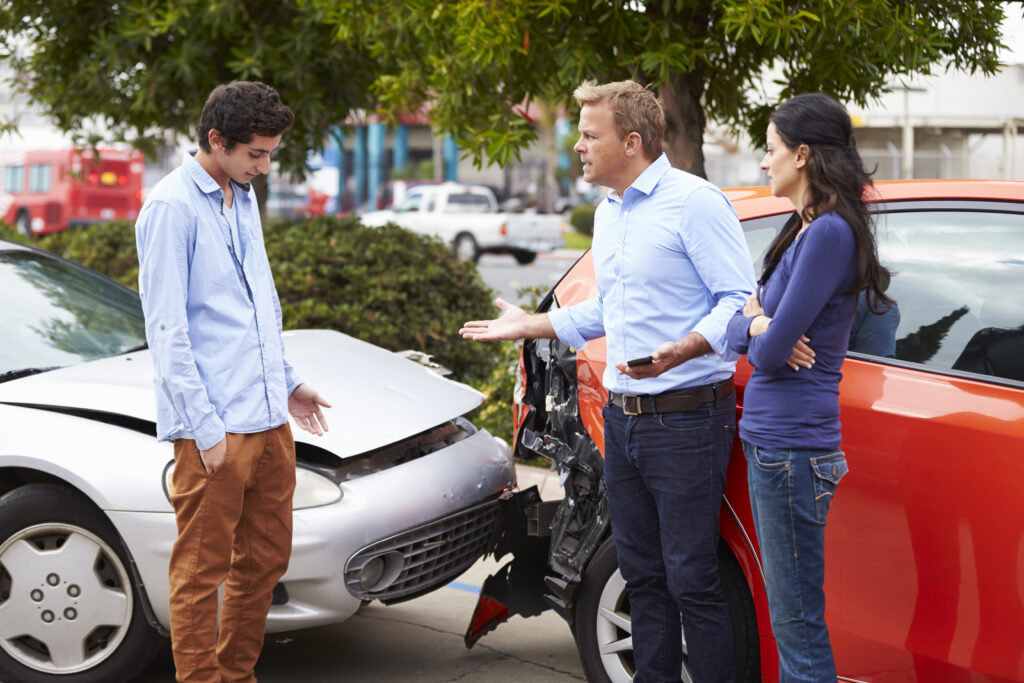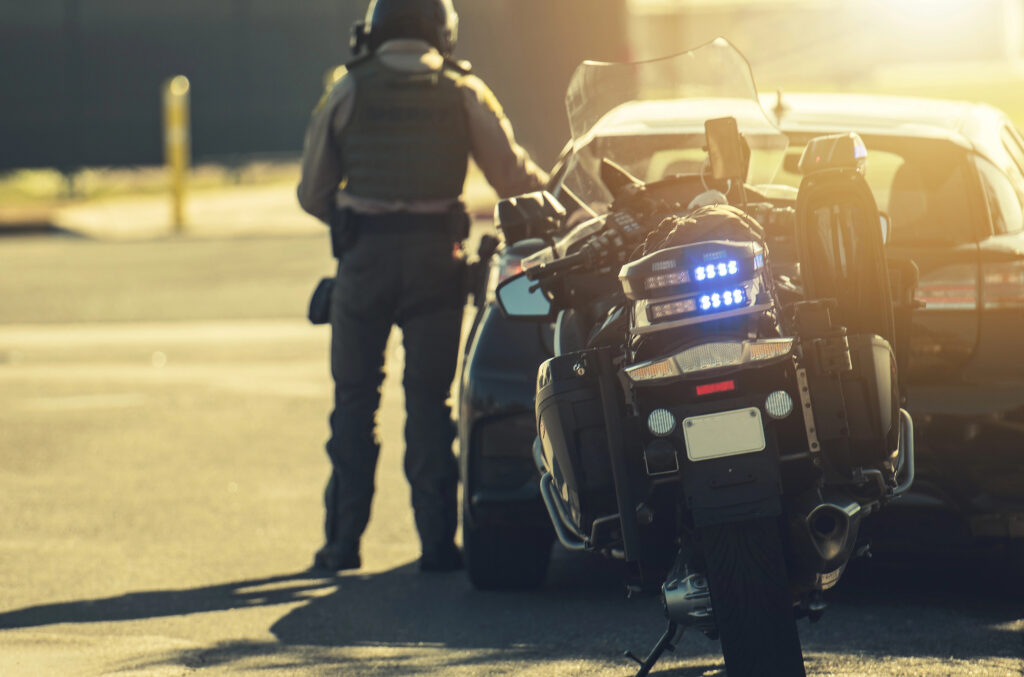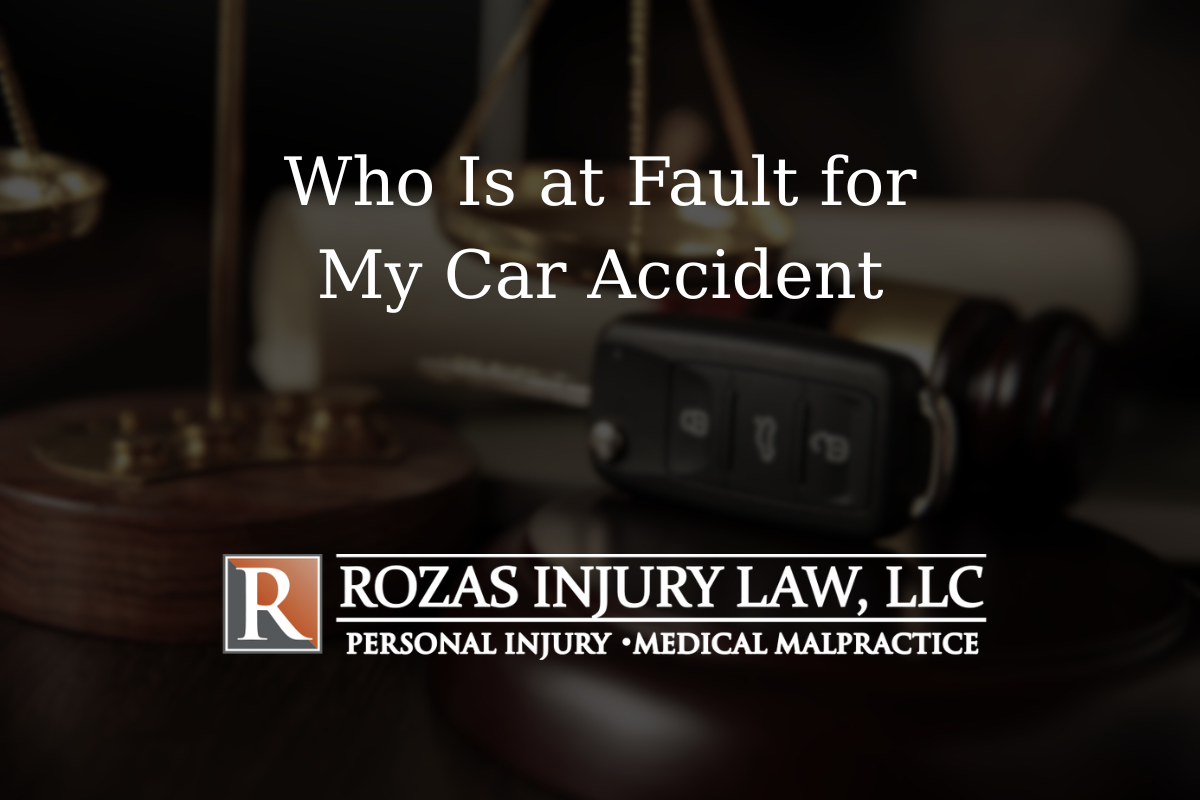Understanding Fault in a Car Accident and How to Prove Liability
If you’ve been in a car accident, one of the first questions that comes to mind is, “Who is at fault?” Determining fault is essential for recovering damages, whether through car insurance claims or legal action. Insurance companies determine fault based on evidence, state laws, and the circumstances of the accident.
Understanding how fault is determined and what steps to take after an accident can help you protect your rights and seek fair compensation.

How Is Fault Determined in a Car Accident?laws
Several factors help determine fault in a car accident, including traffic laws, police reports, and insurance investigations. In Louisiana, which follows a comparative fault system, more than one driver can share responsibility. The key factors in determining fault include:
1. Police Reports
Police officers responding to an accident scene will document accident details, interview drivers involved, and note any traffic violations. A police report often includes statements about who the officer believes was at fault, though this is not always final.
2. Physical Evidence
Evidence such as skid marks, vehicle damage, and traffic conditions can help determine fault. Photos and videos from the accident scene can support your case if another driver was responsible.
3. Witness Statements
Third-party witnesses can provide unbiased accounts of how the accident happened. Their statements may help prove fault in a car accident, especially in disputed cases.
4. Traffic Laws and Violations
If one driver ran a red light, was speeding, or failed to yield, they are likely at fault. Violating traffic laws is strong evidence when determining liability.
5. Insurance Investigations
Car insurance companies conduct their own investigations and may assign fault differently than the police. They review accident details, speak with drivers, and analyze damage reports before making a decision.
Louisiana’s Comparative Negligence Law
Louisiana follows a modified comparative negligence rule, meaning multiple parties can share fault in a car accident. If you are partially at fault, your compensation may be reduced by your percentage of responsibility. For example, if you are found 20% at fault, you can still recover damages, but your compensation will be reduced by 20%.
Common Scenarios of Fault in Car Accidents
1. Rear-End Collisions
The driver who rear-ends another vehicle is typically at fault. However, if the front driver made a sudden and unnecessary stop, they may share responsibility.
2. Left-Turn Accidents
A driver making a left turn is usually at fault if they fail to yield to oncoming traffic. However, if the oncoming driver was speeding or ran a red light, they may share fault.
3. Head-On Collisions
In most cases, the driver who crossed into oncoming traffic is at fault. Factors like road conditions, distracted driving, or intoxication often play a role in these serious accidents.
4. Side-Impact Crashes
If a driver runs a stop sign or fails to yield at an intersection, they will likely be at fault for the accident. However, both drivers could share responsibility depending on traffic conditions and right-of-way laws.
What If I Live in a No-Fault State?
Louisiana is not a no-fault state, meaning drivers must file claims against the at fault driver’s insurance company. In no-fault states, drivers rely on their own personal injury protection coverage to pay for medical expenses, regardless of who caused the accident.
What If the Other Driver Admits Fault?
If the other driver admits fault at the accident scene, it can make your claim easier. However, their insurer may still dispute liability. Always gather evidence, get a police report, and speak with a car accident lawyer before accepting a settlement.
Steps to Take After a Car Accident
- Call the police and get a police report.
- Gather evidence, including photos, witness information, and insurance information.
- Seek medical attention for any injuries.
- Notify your car insurance company but avoid admitting fault.
- Contact a car accident lawyer to help you with your claim.

Get Legal Help to Determine Fault in Your Car Accident
If you’re unsure who is at fault for your car accident, an experienced attorney can help. Call Rozas Injury Law, LLC at (225) 343-0010 to schedule your free consultation. Our legal team is ready to help you recover damages and fight for the compensation you deserve.
FAQs
How do insurance companies determine fault?
Insurance companies review police reports, accident details, and witness statements. They may also use accident reconstruction specialists to assess fault.
What if both drivers are at fault?
Under Louisiana’s comparative negligence law, both drivers can share fault. Your compensation will be reduced based on your percentage of responsibility.
What if the other driver’s insurer denies my claim?
If the other driver’s insurer denies your claim, you may need to file a lawsuit. A car accident lawyer can help you prove fault and recover damages.
Can I file a claim if the accident happened in a no-fault state?
If the accident happened in a no-fault state, you must rely on personal injury protection coverage unless the injuries are severe enough to file a lawsuit.
How long do I have to file a claim after a car accident?
In Louisiana, you have one year from the accident date to file a personal injury claim.




